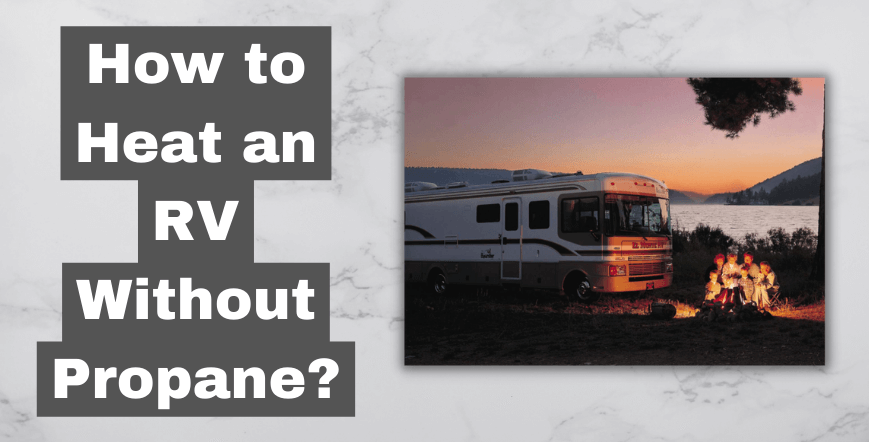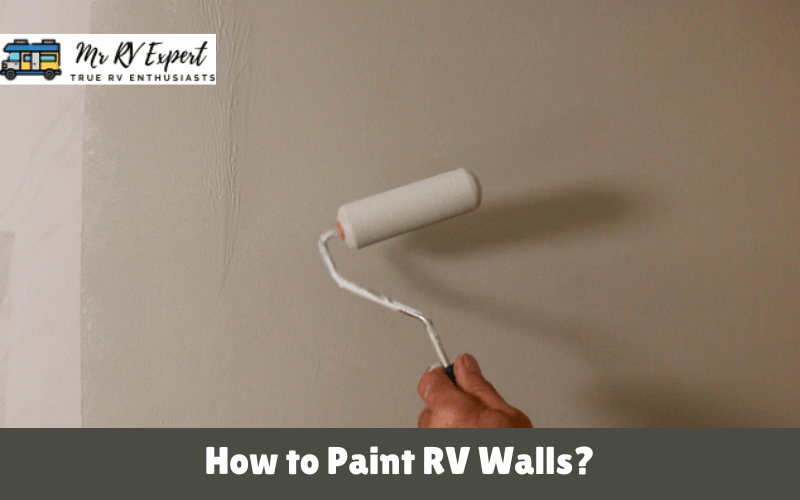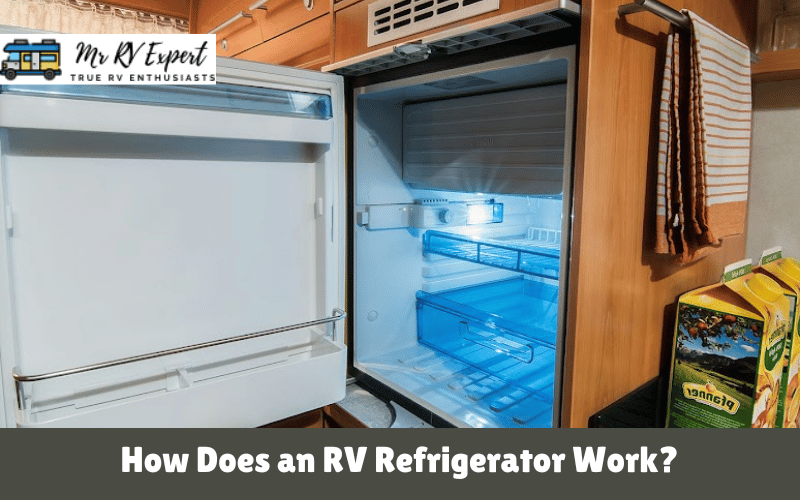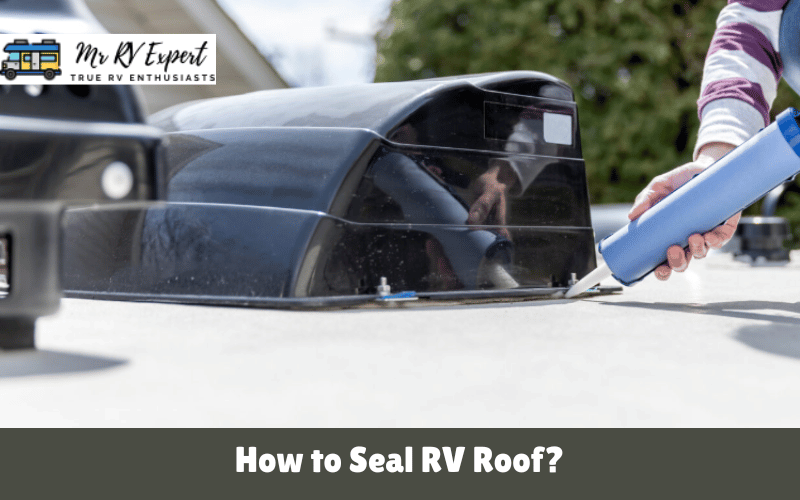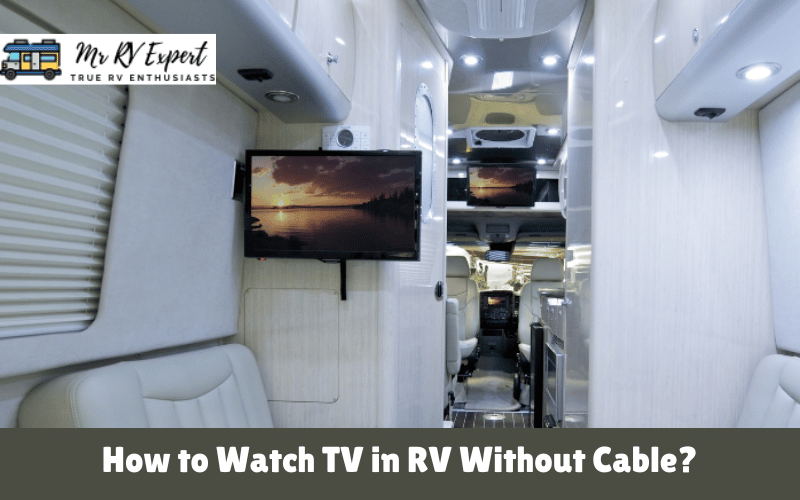Propane heaters are the most common way to heat my RV, but they are not cheap heat for RV and can emit unhealthy fumes. Propane heaters also require electricity, which makes them useless in areas where electricity is unavailable.
Table of Contents
How to Heat an RV Without Propane?
If you are wondering how to heat an rv safely without propane, there are a number of options available to you. Some of these options include using an electric space heater, an oil heater, or using solar power. Using any of these options is not only possible but can help you conserve energy and maintain a comfortable temperature during your trip.
Electric space heater
If you’re looking for a way to heat an RV without propane, you can use an electric heater. These units can be used to warm up a bedroom, but they might not be enough to prevent freezing. Plus, they can come into contact with flammable materials. To ensure your safety, it is a good idea to purchase a unit that has preset temperature controls.
Electric space heaters are safer than vented fuel heaters. If you’re looking to use an outdoor heater, be aware of the danger of carbon monoxide. They can be very dangerous if not used properly. Make sure you have enough room around the unit to avoid accidents. Also, look for models with a thermostat, as these will cycle the power to minimize electrical draw. Finally, modern space heaters have tip protection, so you won’t have to worry about them being accidentally knocked over.
Oil heater
If you want to heat an RV without propane, one option is an oil heater. Oil radiators are filled with diathermic oil that gets heated by the heater and then circulates through columns to disperse the heat. Unlike other types of heaters, oil radiators use little electricity and do not need to run constantly. Nevertheless, they should not be left unattended while on.
Solar Power
One of the best ways to heat an RV without propane is to install a solar panel. You can place it in the living room and use it as an additional heat source. Another option is to use a ceramic electric heater. These are inexpensive and easy to find. The heater uses infrared rays to warm objects nearby. They are highly effective and warm up an RV faster than other methods. They are also compact and can be stored when not in use.
There are many ways to use solar power in an RV. You can install solar panels in the roof to power electric heaters. You can also use a window box or wood stove to generate heat. Solar panels are a good option for dispersed camping or boondocking.
Use an RV Woodstove
Using a wood stove in an RV is a viable alternative to propane heaters. They produce warmth continuously and are inexpensive to operate. However, it is important to keep in mind that wood stoves must be placed on a flat surface to prevent fire. You will need firewood in order to use an RV woodstove.
An RV woodstove is not as efficient as a propane heater, but it is more efficient than other types of heating devices. They also don’t require any special tools, and most models are easy to install. Electricity-based heat sources can also be installed in an RV to replace propane heaters.
Battery Power for Heat
If you are looking for a reliable way to heat your RV without propane, Battery Power may be the answer. A 12-volt system will power the blower in the furnace and provide 835 watts of heat in one hour. However, you should not draw down the battery beyond 50% because this can damage the battery.
Portable heaters may require a lot of energy, so if you want to save money, it may be best to upgrade your battery bank to one with more capacity. Adding a second battery will double your reserve. However, this option may be costly, so it’s best to choose batteries that play well with each other.
Add Extra Interior Insulation
One of the easiest ways to heat an RV without propane is by adding extra interior insulation. It’s the least expensive option and will help you to keep warm during the winter. This can also help to prevent freeze-ups in the water and waste tanks. Another option is to cover the windows and vents with insulating fabric. This insulating material comes in different densities to fit various needs. The thicker the foam, the better it will keep heat in.
Windows and doors are one of the biggest sources of heat loss in an RV. You can cover them with bubble insulation, foam insulation boards, or heavy-duty thermal curtains. You can also caulk and seal the windows. Make sure that you have weather stripping around the windows, too.
Summing up:
Propane-powered furnaces are common in RVs, but they are not the most energy-efficient fuel. Therefore, if you’re on a tight budget, it may be best to consider other methods. If you want to heat your RV without propane, consider active heating, which involves tools that heat the air. Insulation is also a good idea. Double-paned windows can help prevent cold drafts.

